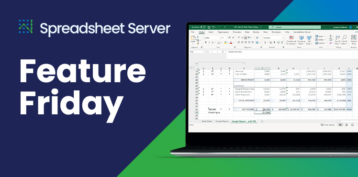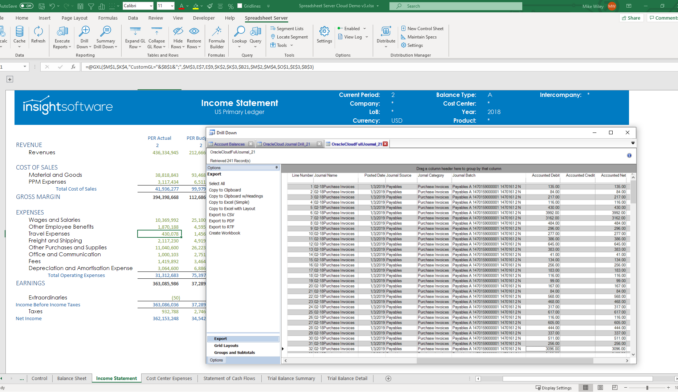Operational Data is Under-Exploited for Decision Support. What Should Change?

FSN’s recently released research, “The Future of Analytics in the Finance Function,” finds that 70 percent of senior finance professionals are dissatisfied with the amount of time that they spend on analytics. Interestingly, this finding cuts both ways, i.e., with an almost equal proportion saying they spend too much of their time on analytics as saying they spend too little time. Only 30 percent in the middle think they have got it about right. Furthermore, the findings are consistent across all of the core financial processes, namely Quote to Cash (Q2C); Purchase to Pay (P2P); Record to Report (R2R); and Budgeting, Planning and Forecasting (BPF).
But nested within this overarching finding is the observation that the maturity of analytics varies significantly depending on which financial process is under review. For example, BPF and R2R deliver much better operational and strategic decision-making than the typical P2P and Q2C process.
So, the obvious question is, why are these sources of operational data neglected for decision support and what can be done about it?
Historically, operational data or non-financial data has been under-appreciated in the finance function. Non-financial or operational data can be “lumpy” (variable volumes delivered at odd times of the month) and it doesn’t readily conform to accounting rules. FSN’s 2017 study, “The Future of Planning, Budgeting and Forecasting,” highlighted that 41 percent of CFOs are concerned about the integrity of non-financial data and believe it is less reliable than financial sources. In contrast, financial data is generally well codified, controlled, and auditable. Its origins can be traced back to trustworthy data sources and market analysts give more weight to financial data when assessing the prospects for a business rather than non-financial data.
Finally, operational systems such as P2P and Q2C are often regarded as purely transactional systems concerned with the straight-through processing of supplier and customer invoices, with their information potential frequently overlooked.
However, the COVID crisis has propelled operational systems to the forefront in support of decision-making as CFOs around the world seek to understand the status of their inventories, supply chains, and customer orders. Crucially, it is non-financial or operational data that gives CFOs the ability to look out further on the time horizon to manage costs, predict demand for goods and services, or reforecast inbound delivery schedules. FSN’s 2017 study found that organisations that make better use of non-financial data are more than twice as likely to be able to forecast beyond the 12-month time horizon.
So, what changes should be made?
Helpfully, FSN’s 2020 research shines a light on how finance functions can improve the value of their operational data. It shows that specialist applications are pivotal to driving the maturity of analytics in the finance function, such as its contribution to data visualization, its usefulness in decision-making, its predictive qualities and insightfulness. “Data mastery,” broadly speaking the ability to manage and share data as a corporate resource, is also significantly enhanced by the use of specialist applications. So, organisations gain an appreciable advantage in all four of the core financial processes by using specialist software, compared to those organisations that do not use specialist applications. Furthermore, the latent potential is greatest in the P2P and Q2C process that have been the most under-invested applications in the finance function.
Unfortunately, despite the overwhelming importance of operational data and specialist applications in terms of serving up useful insights and supporting operational and strategic decision making, this year’s FSN survey shows that around a third of CFOs have no plans to invest in P2P and Q2C processes over the next 2 years. The majority of funds will instead be directed toward budgeting, planning, forecasting, and reporting systems.
It appears that for the foreseeable future, in many organizations, operational data in support of management decision-making will remain under-invested and under-exploited.







